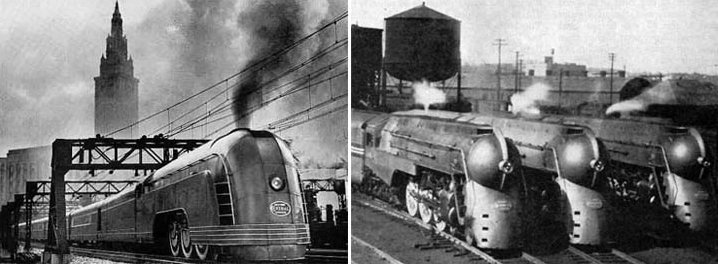John C. Wright shares a communication he received from a train enthusiast:
The comments on your blog post today about the Sickly-Green New Deal were coming thick and fast, so I didn’t really have an opportunity to say anything, but I did want to throw in my two cents.
Along with the other basic reason not to like this whole plan (namely, that it’s lunacy), I am personally frustrated by its emphasis on high-speed rail.
By now you know that I’m a train nerd (and I emphasize “nerd”: by my wife’s estimation, the attendees at a National Model Railroad Association convention are even more undateable than the folks at a typical Comic Con).
It’s precisely for that reason that I am so frustrated by these people: they give rail advocates a bad name.
The last thing we need are people who know absolutely nothing about rail, high-speed or otherwise, jumping on our bandwagon because “trains are neat-o!”
Among other things, this false enthusiasm on the part of the left leads to conservatives opposing trains qua trains, simply because they reason that anything liberals are so fond of must by definition be awful (a reasonable argument, I grant you). It’s a bit like having a crazy stalker woman being obsessed with you. Far from being flattered, you want to get a restraining order.
Now, of course, in MY utopia, railroads would dominate the travel scene, much like they did at the end of World War II, though not to the exclusion of other forms of travel.
(Envision the travel scene as it looked in 1945, but with current technology, and you pretty much have the picture.) People would simply use trains more and other modes less, and we would be able to manage without any more freeways or airports than we had in the late 1940s.
When I imagine this utopia, I run into the same problem anyone who tries to envision a utopia runs into: how does one make people like what you like? Since I would never want to force people to do things against their wishes, I can only overcome this by imagining a utopia where everyone just happens to agree with me about trains (along with anything else I consider important, like belief in God, or that bank tellers should still wear jackets and ties or dresses to work as appropriate).
Because this is obviously impossible, it serves to remind me that utopias can only exist in one’s mind and cannot be brought into reality – and that one should never attempt to do so.




